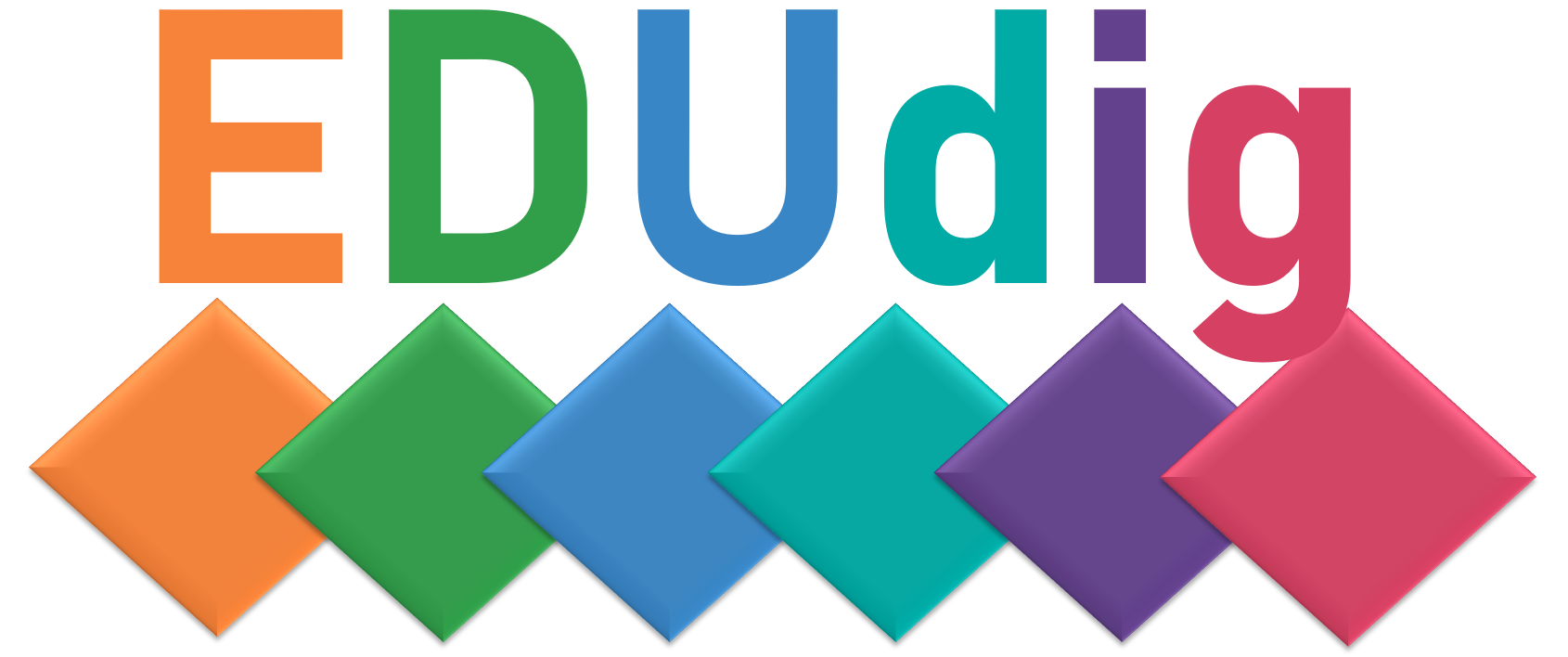Near-future scenario: The educator does not need to have a degree in special needs education, in order to create a fair, inclusive atmosphere where learning can flourish, even if one of the students is diagnosed with hearing loss or other impairments. The educational institution provides an opportunity to the interested educators to participate in a mentoring programme to teach hearing impaired students.
The innovative technologies adapted for hearing loss and impaired students enables the connection of hearing aids to smartphones wirelessly. Using this technology, the sounds from the environment can be classified as “background noise” or “important noise” and so support the learners with hearing loss in distinguishing the information and encourage them to fully participate in the learning process with other learners (Vuorikari, R. et. al, 2020).
Source:
Vuorikari, R., Punie, Y. and Cabrera Giraldez, M. (2020): Emerging technologies and the teaching profession. Publications Office of the European Union. https://publications.jrc.ec.europa.eu/repository/handle/JRC120183 [30.8.2022].
EU project EweDraw: multisensory games for teaching and learning arithmetical and geometrical concepts with primary school children, suitable for visually im-paired children and those with dyslexia: https://www.wedraw.eu/
